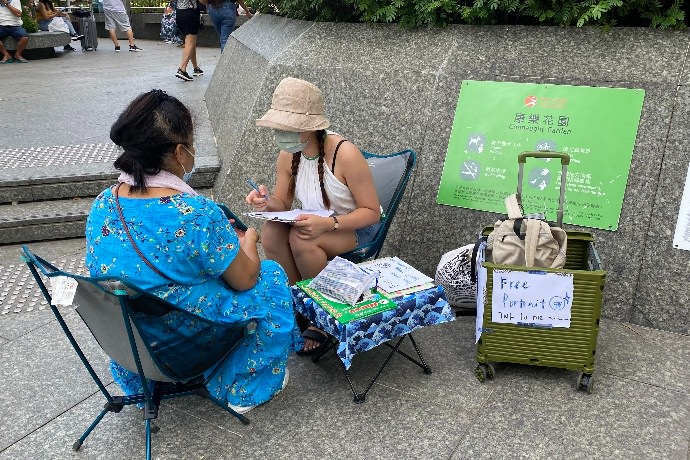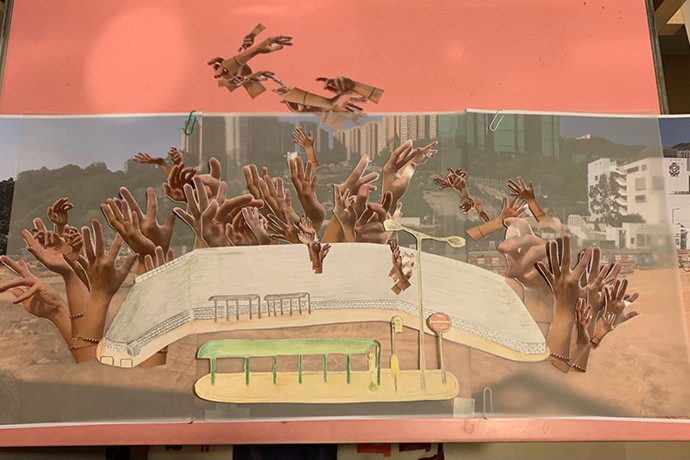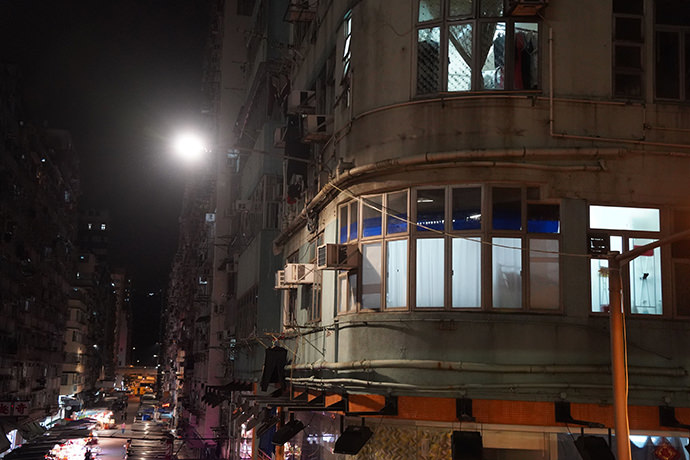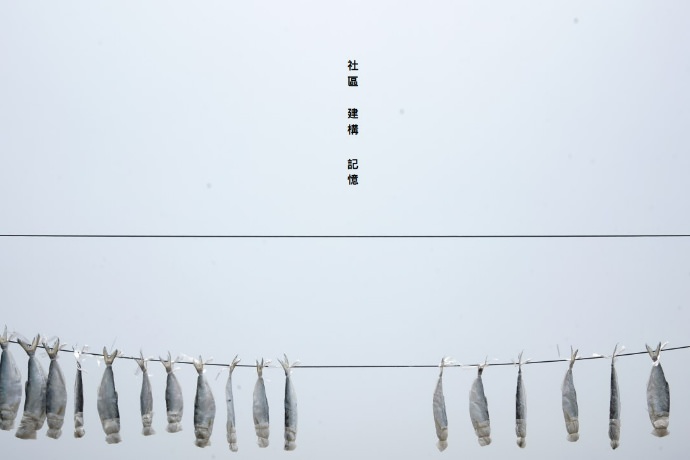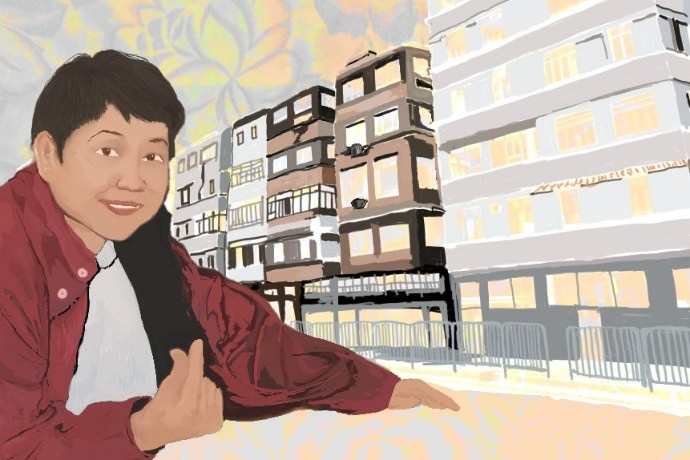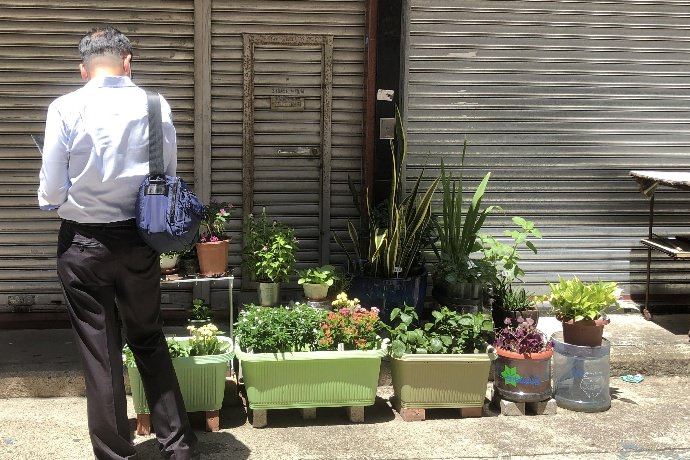Time passed. Our community programme “Hong Kong Faces & Places” has already completed four introductory semesters since its launch in May 2020. The fifth semester was a different one, as our long-awaited advanced semester finally came. We invited previous participants who had graduated from the introductory semester to rethink with us the connections between individuals and the sustainable community.
Speaking of the advanced semester, its course structure and the content differ considerably from the introductory semester. Two among four themed workshops are on brand-new topics, which included the introduction of land economics and urban design. The former outlines the context of land issues of Hong Kong over the years, whereas the latter focuses on how a city is planned and shaped into a livable habitat. On the other hand, two in the original workshop line-up, namely the introduction to eco-literature and urban ecology, remain with an upgrade to deepen the participants’ understanding of the domains they have been caring about. For example, we added an interactive close-reading session to encourage the discussion of eco-literature. We also sparked the reflection upon animal welfare in our outing to Hong Kong Zoological and Botanical Gardens.
In the past, the narrative therapy sessions were arranged in the first half of the course to emphasise the importance of self-care. They reminded the participants to take care of their own emotions before reaching out to collect community stories. With such foundation, the narrative therapy in the advanced semester took place in the second half, with a focus shifting to the community support network. It provided an opportunity for the participants to ponder over the role of family, friends and other sentient beings in their personal growth, as well as how they have overcome difficulties by making use of techniques and knowledge acquired from the community. This consolidated what the participants have learnt throughout the two semesters.
Witnessing the growth of the participants from the introductory to advanced semester impressed us the most. The slightly bewildered participants have become more assertive and enjoyed themselves in experimenting ways of documenting the community. Some participants built on their previous work and probed into the same topic with a distinctive perspective, or tried another method of presentation. Some chose a new topic. One attempted to understand the community plants they had barely known. The other one conducted an interview with mum to trace his family history. In the process of listening to and observing the others, they asked questions, sought evidence and eliminated several stereotypes. As long as people continue to envision a brighter future of our city, there will be endless possibilities for the community.



